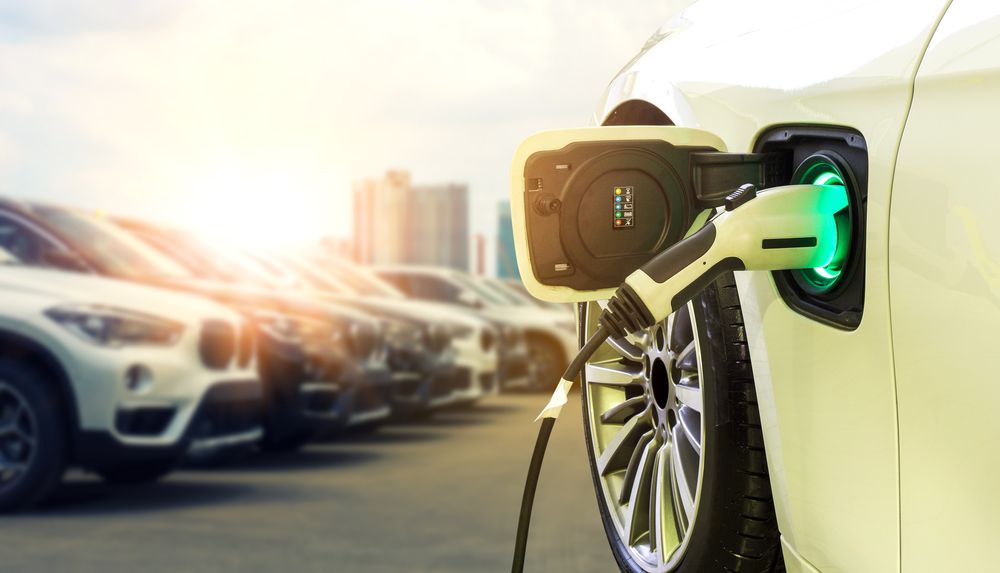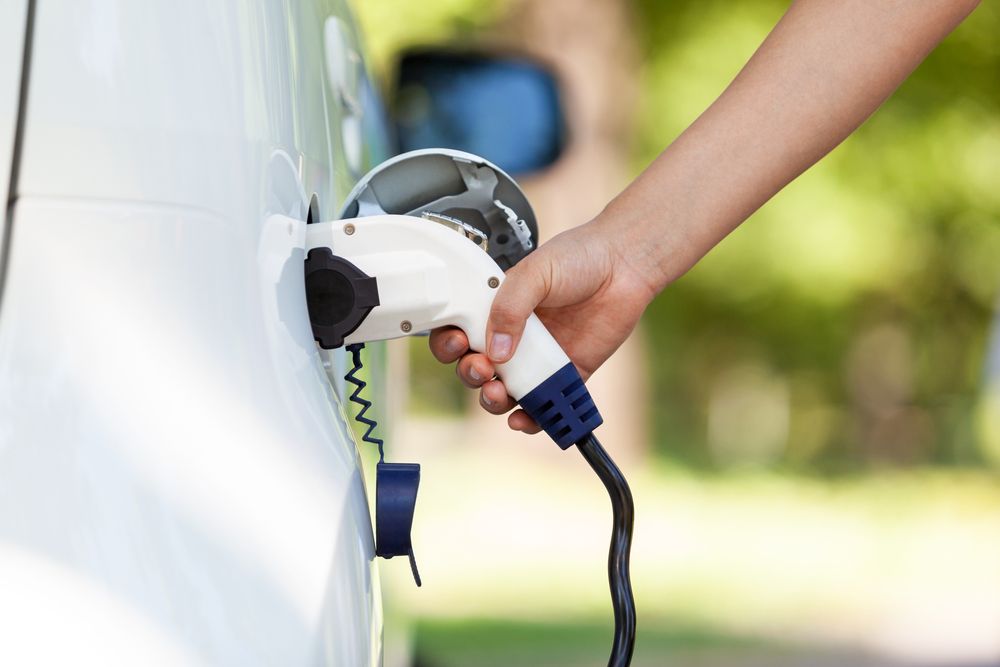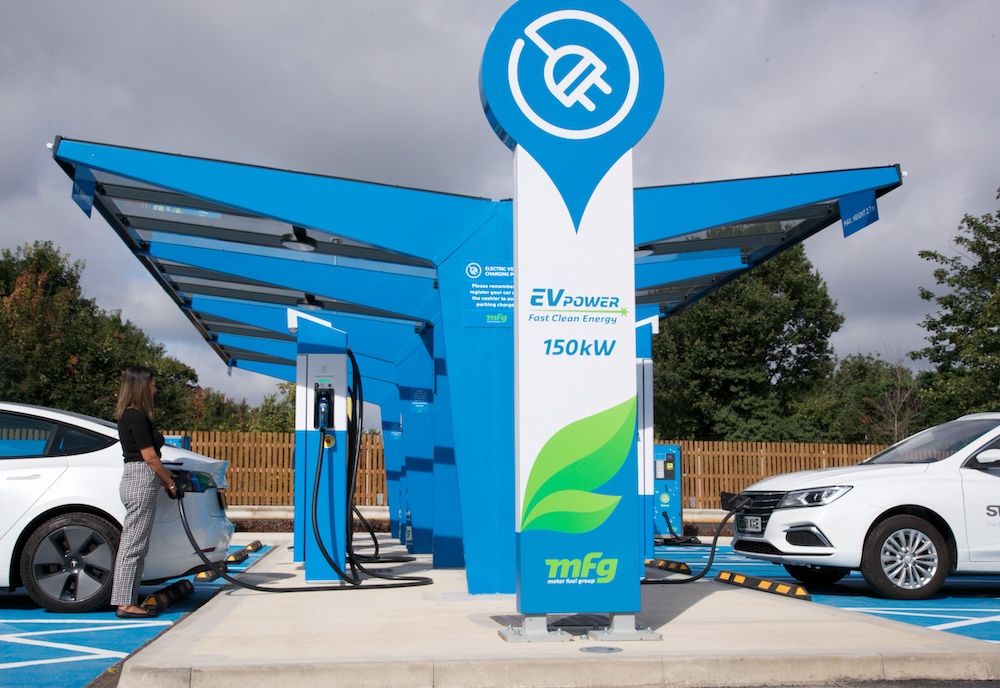Lauren Pamma, Programme Director of the Coalition for the Decarbonisation of Road Transport at the Green Finance Institute, looks at how the transport sector can deliver on the Government’s Net Zero Review recommendations.
The recently published Net Zero Review made clear that the economy and climate change are ‘intertwined’. As the benefits of investing in net zero today outweigh the costs, the UK needs to accelerate its climate transition to reap the widespread economic benefits.
Importantly, the report emphasised the need to protect vulnerable households from the costs of the transition and make sure that the benefits can be enjoyed by all. This will require significant work with consumers – giving people the tools to make personal choices that benefit the climate along with their personal finances in areas such as transport, products and waste, and homes.
Decarbonising road transport is critical to the UK’s net zero agenda and an area where we can unlock these economic benefits. Cars, vans, and HGVs make up 21% of the UK’s total emissions, making the move to electric vehicles (EVs) one of the highest impact changes the UK can make.
Beyond decarbonisation, electric vehicles offer significant benefits to owners, and society. They enjoy lower running costs than petrol and diesel cars and escape the volatility in fuel costs caused by geopolitical pressures, while society as a whole enjoys cleaner air and fewer emissions.
With the forthcoming 2030 ICE ban, we are seeing these benefits translate into EV uptake which accelerated significantly last year – one in six cars registered in 2022 was electric, up from one in nine in 2021, but there is still a long road ahead.
To accelerate the uptake of EVs, we must make zero emission vehicles more affordable and widen access to charging Infrastructure.
Developing a successful second-hand market is integral to allowing more people to enjoy an EV’s lower running costs. Alongside this we need to increase access to charging infrastructure. Currently chargepoints are disproportionately distributed in more affluent areas where there are more EV owners. To level up access, we need innovative financial products to de-risk investment in charging infrastructure in less affluent areas. An example is ‘utilisation-linked loans’ for chargepoint providers, helping them to manage utilisation risk by tying their loan repayments to consumers’ use of their service.
We also welcome the review’s recommendation to balance the levels of VAT for public and private charging. This will further widen the gap in running costs between EVs and petrol or diesel alternatives, making the benefits of switching even more obvious to consumers, particularly those reliant on public charging networks.
Along with accelerating the roll-out of charging infrastructure and increasing the availability of cheaper EVs, we will need to work with consumers on the demand side, reducing the barriers to access this market. Two issues require particular attention: The first is the rollout of smart charging technology. The review includes this as a recommendation as it makes charging both cheaper and easier for consumers, and will reduce the cost of future grid infrastructure investment.
Secondly, we must reduce the effort needed for consumers to switch to an EV. A sensible way to do this is to encourage the creation of ‘one purchase’ finance products that include both vehicle and chargepoint, along with any extras such as insurance. Salary sacrifice schemes offered by employers are another route to ease the transition.
To finance these changes and accelerate this transition, we will need to see strategic public sector investment, along the lines of the Net Zero Review’s recommendations, to de-risk private investment. Doing so has the potential to facilitate the mobilisation of private finance that we’ve already started to see, ensuring a just transition across the UK.














